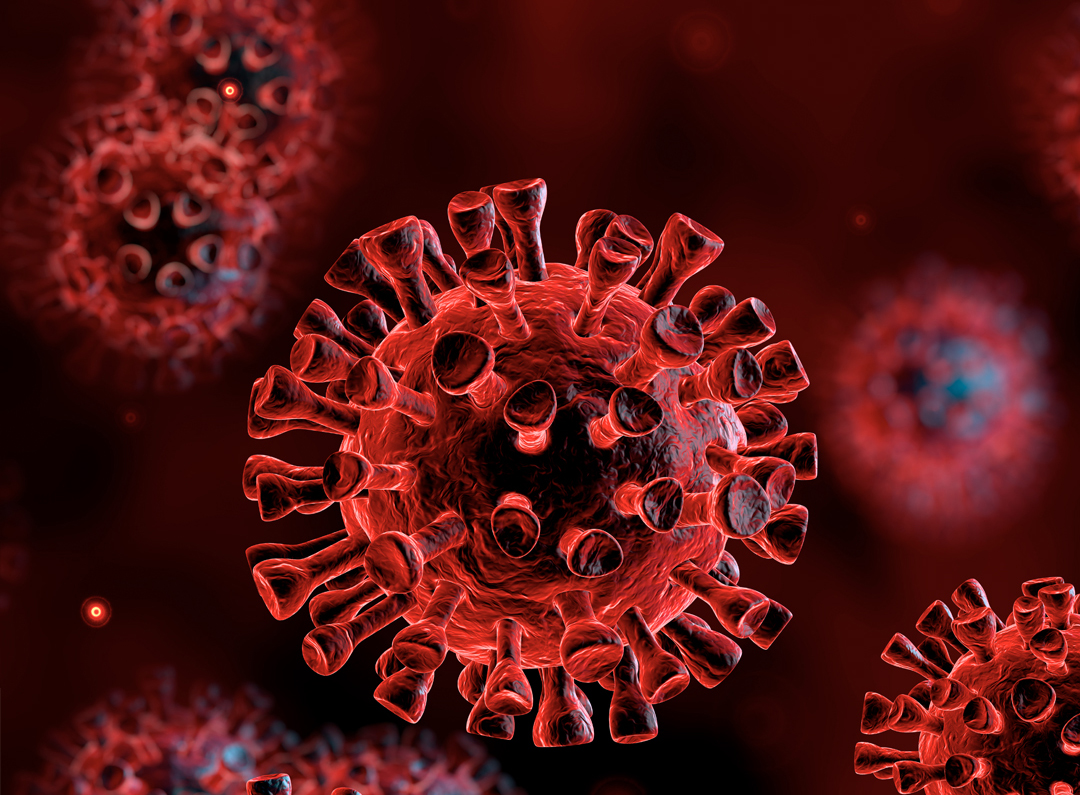A national study conducted by Blue Cross Blue Shield Association (BCBSA) has determined that unpaid caregivers have been experiencing a 26% poorer health rate during the course of the Covid-19 pandemic.
According to the report, “The Impact of Caregiving on Mental and Physical Health,” roughly 6.7 million commercially insured BCBS members have a spouse or child in need of caregiver support.
 The study, which BCBSA conducted in partnership with the caregivers advocacy nonprofit Archangels, found 61% of Americans are taking care of or looking out for a friend, neighbor or family member during the ongoing pandemic, with 57% of these current caregivers stating they would not have identified themselves as such before the pandemic. Along racial lines, more Hispanics (64%) and African Americans (57%) are unpaid caregivers compared with whites (37%).
The study, which BCBSA conducted in partnership with the caregivers advocacy nonprofit Archangels, found 61% of Americans are taking care of or looking out for a friend, neighbor or family member during the ongoing pandemic, with 57% of these current caregivers stating they would not have identified themselves as such before the pandemic. Along racial lines, more Hispanics (64%) and African Americans (57%) are unpaid caregivers compared with whites (37%).
The study also found that the health impacts associated with caregiving include higher rates of hypertension (82%), obesity (74%), depression (64%), anxiety (60%) and hospitalization (59%). Caregivers were also reporting increased reliance on negative coping mechanisms including food (50%), medication (18%) and alcohol (14%).
“Caregivers continue to play a vital, often unheralded, role in helping ensure the health of our members, our communities, and our nation as a whole,” said Vincent Nelson, chief medical officer at BCBSA. “This new data only reinforces our shared commitment to ensuring that these caregivers receive the resources, initiatives and support they need to get and stay healthy.”






















